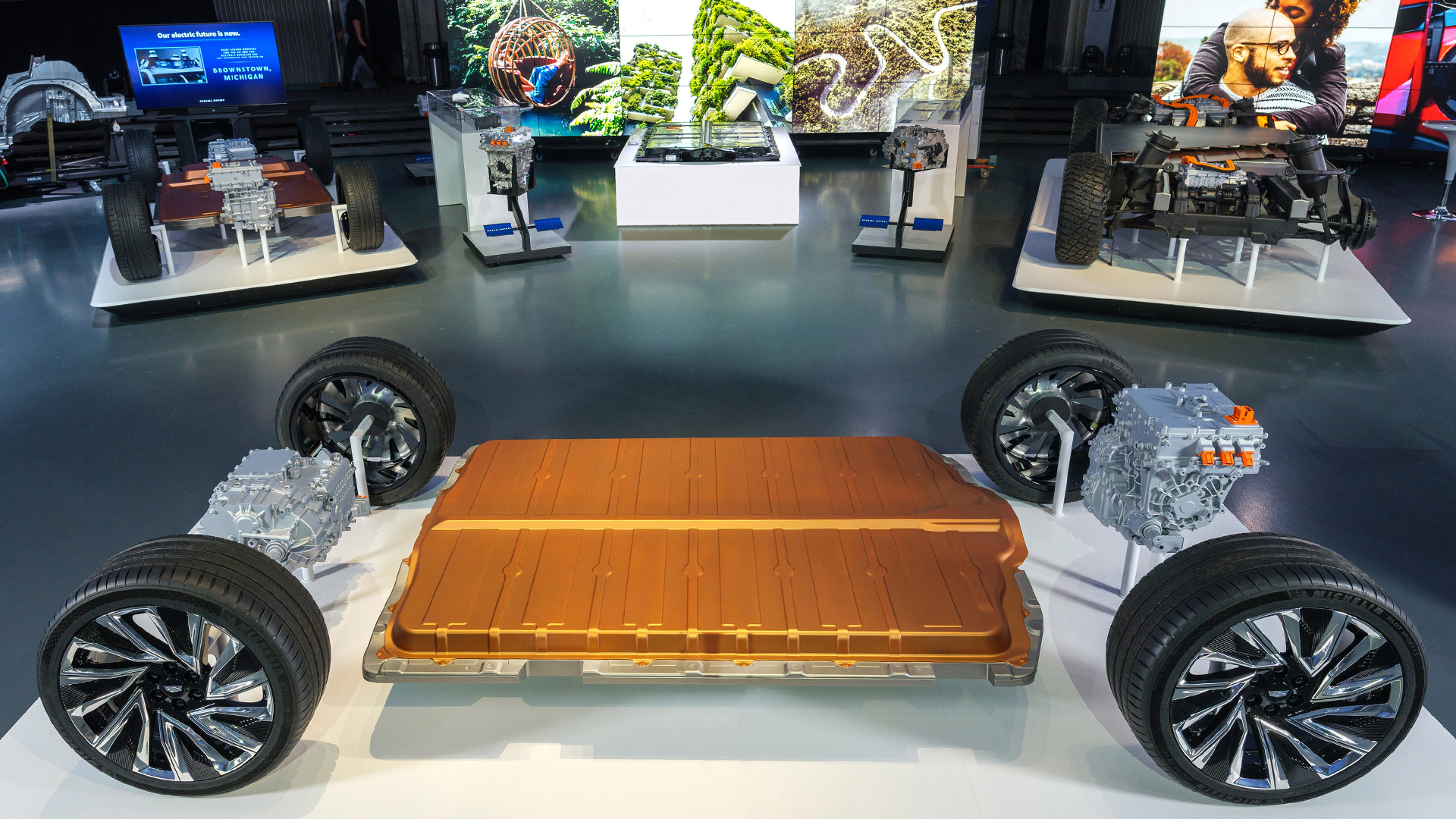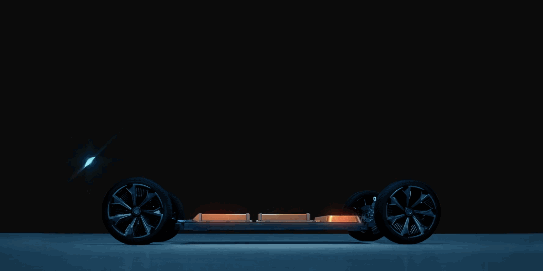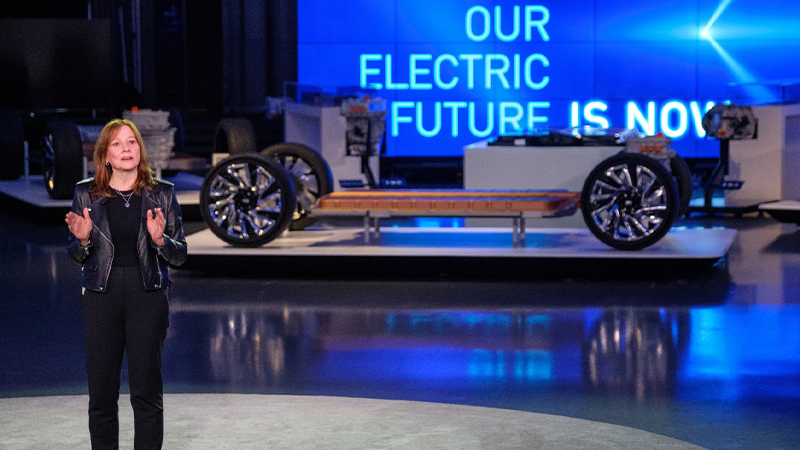

On Wednesday, General Motors proved it hasn’t been sleeping on electric vehicles since the release of its affordable Bolt EV. Instead, the all-American automaker revealed its future plans, full of battery-powered models and all-new technology which will soon propagate across its brands and into customers’ driveways.
GM’s success now hinges on the automaker’s freshly developed EV underpinnings, the bulk of which were presented at its EV Day event in Warren, Michigan. In addition to its refreshed third-generation electric powerplant, GM also announced a joint venture with LG Chem to produce batteries for the new vehicles, a tech it proudly labels Ultium.

Future BEV vehicles falling under GM’s various marques will be equipped with the automaker’s pouch-style Ultium batteries. The stackable nature of the batteries enables GM to optimize horizontal and vertical pack arrangement, meaning that it can stuff between 50 and 200 kilowatt-hours of energy storage in any given vehicle. GM’s engineers estimate that this will translate into real-world ranges of up to 400 miles or more on a single charge while still providing a zero to 60-mile-per-hour time in as low as three seconds.
Battery packs will be offered in both 400-volt and 800-volt configurations, the latter of which is capable of ultra-quick 350 kW fast-charging. This means that flat-to-80-percent charges could take under 30 minutes, or substantially less if Audi’s 800-volt system is anything to go off of.
GM says that its truck platform will use the 800-volt system exclusively, which makes sense given the high-discharge nature of hauling and the likelihood of large 200-kWh battery packs.

Perhaps the most important takeaway is the flexibility of the platform. GM says that its newest tech is capable of being deployed in a wide range of vehicles—trucks, SUVs, crossovers, cars, and even commercial vehicles. That means a myriad of drivetrains developed on Ultium tech as well. GM has confirmed its in-house-developed powertrains will support front-wheel, rear-wheel, all-wheel, and performance all-wheel-drive applications.
Taking a page from Tesla’s playbook, GM also announced that overall automobile complexity will be reduced using its forward-thinking plans. In part, this is due to an electric drivetrain having a smaller number of wear items compared to a traditional gasoline-powered vehicle.
But the real momentum pushing the new global platform is the added benefit of reducing the number of powerplants required to fulfill GM’s fleet-wide needs. For example, rather than the 550 internal combustion engines used across the automaker’s lineup today, GM plans to release an initial offering of only 19 different battery and drive unit configurations, a reduction of more than 96 percent.

Believe it or not, you’ve actually already seen the tech without knowing it. In January, the Cruise Origin silently became the first vehicle to receive the all-new architecture. Its complete underpinnings are based on GM’s third-generation EV powerplant and Ultium batteries.
An announcement like this wouldn’t be complete without telling the world of a few new products. GM says that four of its brands—Chevrolet, Cadillac, GMC, and Buick—will launch electric vehicles beginning this year, the first of which will be the updated version of the Chevrolet Bolt EV that’ll debut in late 2020. By next summer, Chevrolet will also have its own Bolt-based Electric Utility Vehicle (EUV), likely a derivative or close-knit relative of the Chinese-market Chevrolet Menlo.
GM’s second act will be the release of the Ultium-powered luxury SUV, the Cadillac Lyriq, followed closely by the hotly anticipated GMC Hummer.
The EUV will also feature GM’s renowned Super Cruise semi-autonomous driving suite, making it the first vehicle outside of the Cadillac brand to receive the widely praised tech. Expect Super Cruise to expand into 10 different vehicles in 2021, and 22 by 2023.
Given that GM has already spilled its plans to introduce performance electric drivetrains, it begs the question: What’s next? Could we see an electric, or perhaps all-wheel-drive Corvette in the near future? Time will tell, but for now, all we know is that GM has dug its roots deep into electrification and is potentially further along that it has lead the world to believe thus far.
Got a tip? Send us a note: tips@thedrive.com